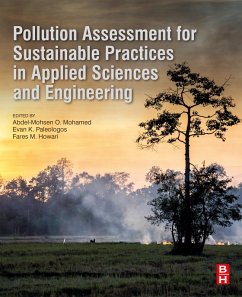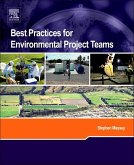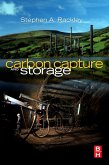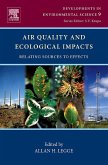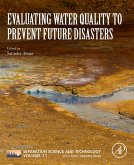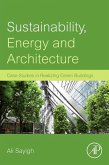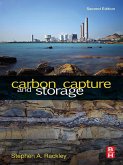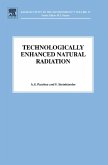The book is divided into four parts; each of the first three covers a separate environment: Geosphere, Atmosphere, and Hydrosphere. The first part covers ground assessment, contamination, geo-statistics, remote sensing, GIS, risk assessment and management, and environmental impact assessment. The second part covers atmospheric assessment topics, including the dynamics of contaminant transport, impacts of global warming, indoor and outdoor techniques and practice. The third part is dedicated to the hydrosphere including both the marine and fresh water environments. Finally, part four examines emerging issues in pollution assessment, from nanomaterials to artificial intelligence. There are a wide variety of case studies in the book to help bridge the gap between concept and practice.
Environmental Engineers will benefit from the integrated approach to pollution assessment across multiple spheres. Practicing engineers and students will also benefit from the case studies, which bring the practice side by side with fundamental concepts.
- Provides a comprehensive overview of pollution assessment
- Covers land, underground, water and air pollution
- Includes outdoor and indoor pollution assessment
- Presents case studies that help bridge the gap between concepts and practice
Dieser Download kann aus rechtlichen Gründen nur mit Rechnungsadresse in A, B, BG, CY, CZ, D, DK, EW, E, FIN, F, GR, HR, H, IRL, I, LT, L, LR, M, NL, PL, P, R, S, SLO, SK ausgeliefert werden.

